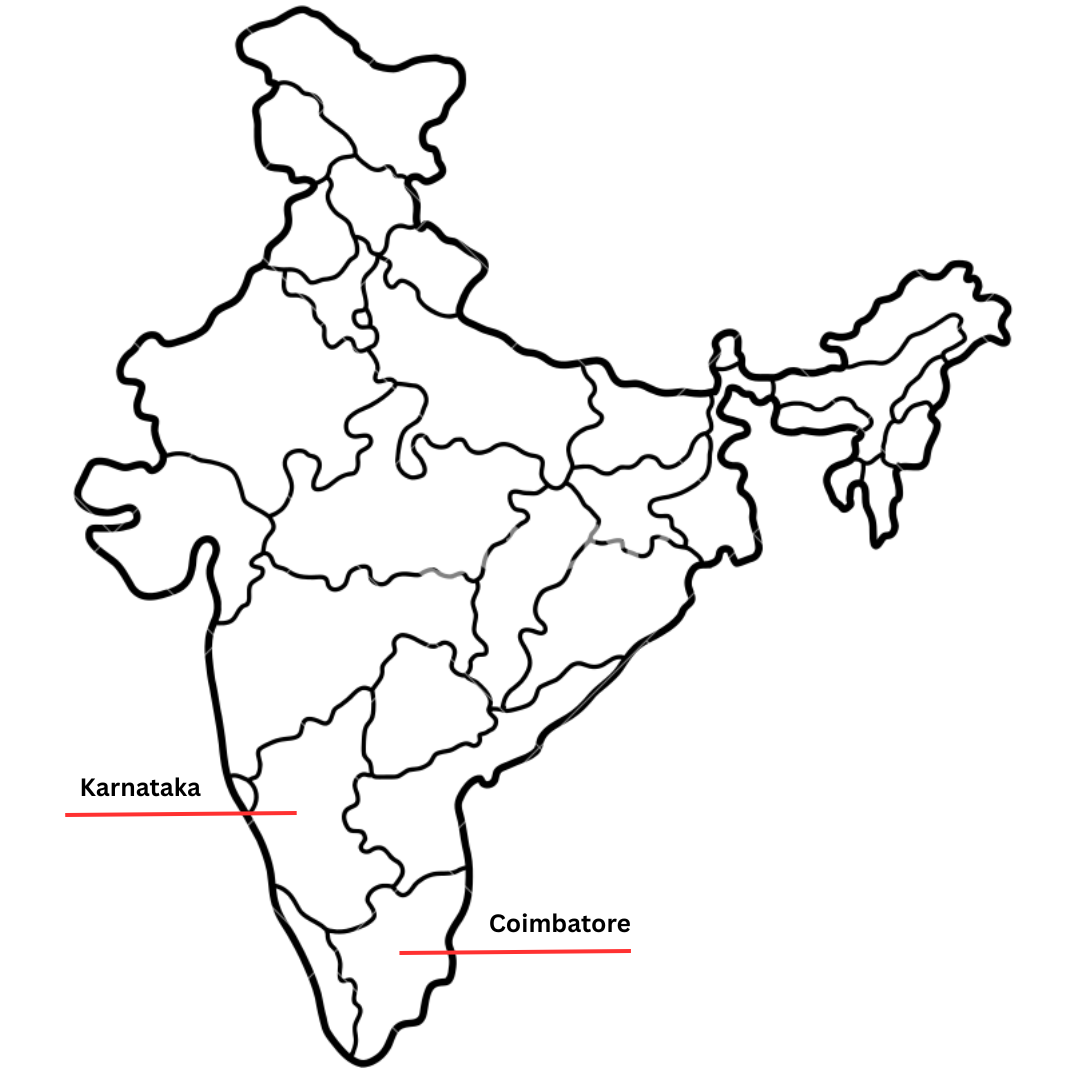Nearly one in four urban residents lives in slums, including in cities like Bengaluru and Coimbatore. The urban poor—comprising migrants, daily wage earners, and informal workers—often lack secure housing, legal identity, sanitation, and access to clean water.
Inadequate waste management, overcrowding, and limited healthcare and education services further compound their challenges. Though urban health facilities are more available geographically, systemic and social barriers continue to hinder access for these vulnerable communities.
To improve the overall well-being of the urban poor, the project implements a comprehensive, community-led development model that integrates health, education, and child rights protection. It focuses on preventive healthcare and well-being practices, including RMNCH+A, while also addressing the educational and developmental needs of children and adolescents through schools and anganwadis.
The initiative ensures child protection by strengthening community-based mechanisms to prevent neglect, abuse, and exploitation. Additionally, it supports families in accessing civic identity documents, social entitlements, and financial security schemes that impact their health, education, and economic stability. At its core, the project empowers community members to become active change agents, promoting sustained improvements in health, education, and child protection outcomes.

Vijayalakshmi, a 13-year-old student, is currently in 7th grade at Kumbalgodu Government School. She resides in the Kumbalagodu slum area and unfortunately, her father passed away. Her mother, Manjula, works as a housekeeper to support their family. Due to various challenges, Vijayalakshmi has been irregular in attending school, experiencing a lack of proper nutrition and feeling constantly fatigued.
Concerned about her well-being, our team organised a health camp where a doctor diagnosed Vijayalakshmi with anemia. Realising that she required further medical intervention, we provided support for her to receive treatment at RajaRajeshwari Hospital. The treatment involved taking folic acid and vitamin tablets, along with regular follow-up sessions. We also counseled Vijayalakshmi’s mother on the importance of incorporating locally available nutritious food, such as greens, cereals, and pulses, into their diet.
After two months of consistent treatment, Vijayalakshmi’s health gradually improved, and she began attending school regularly. She also actively became a member of the Child Rights Club at Kumbalgodu School. It was during this time that she noticed her neighbor Karthik, who is in 4th grade at the same school, had been absent during the past month. Concerned about his education, Vijayalakshmi took the initiative to call Karthik’s parents and convince them of the importance of regular school attendance.
Thanks to Vijayalakshmi’s effort, Karthik’s parents relocated closer to the school, allowing him to resume his education. Furthermore, Vijayalakshmi’s own health continued to improve, showcasing the positive impact of her determination and commitment to both her own well-being and the well-being of others.